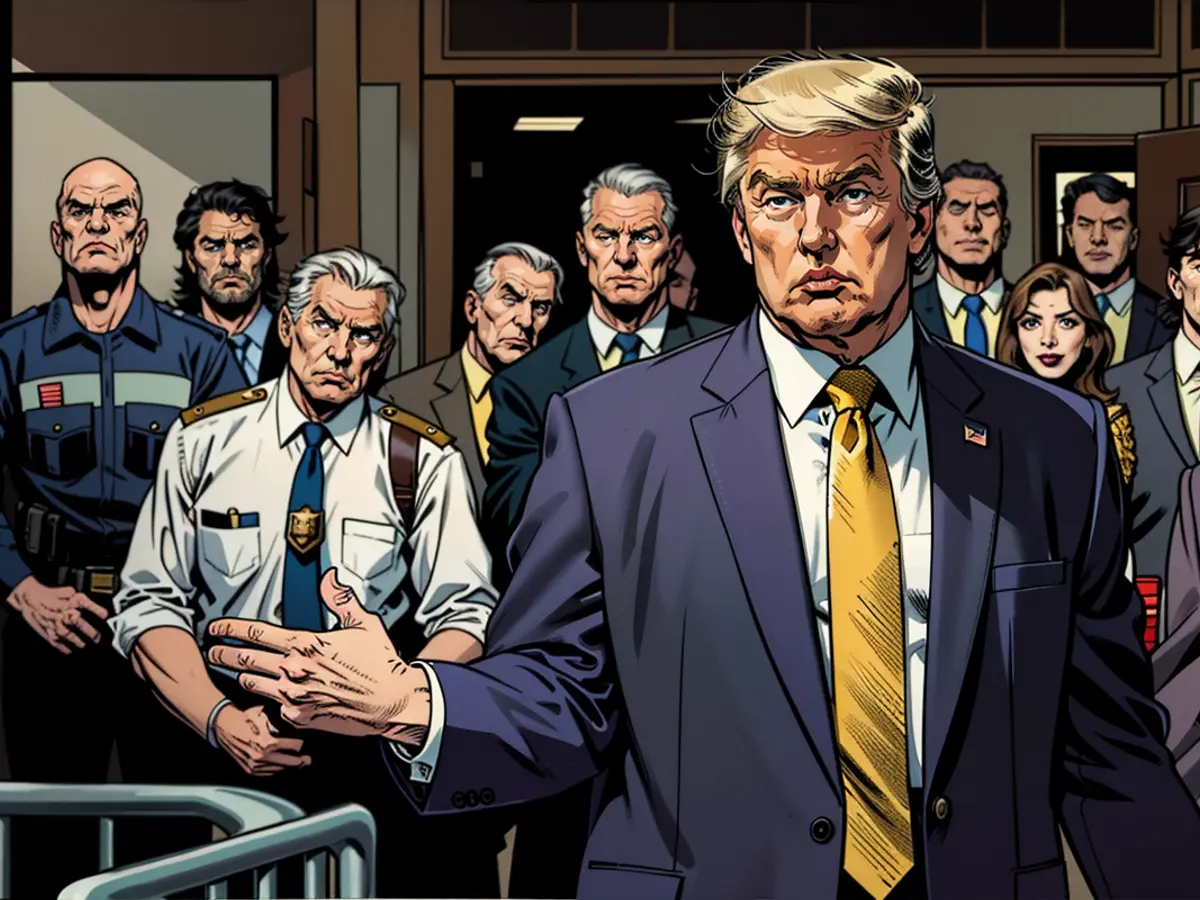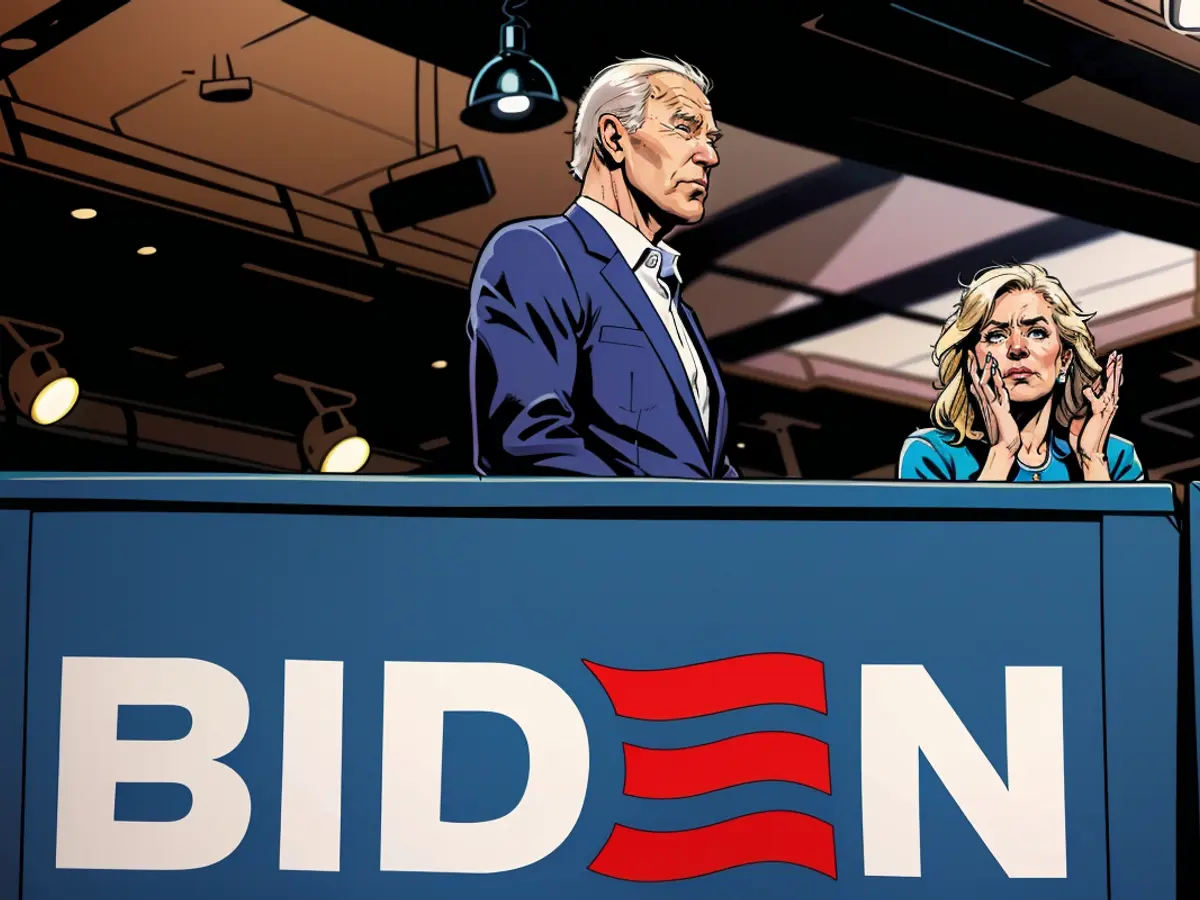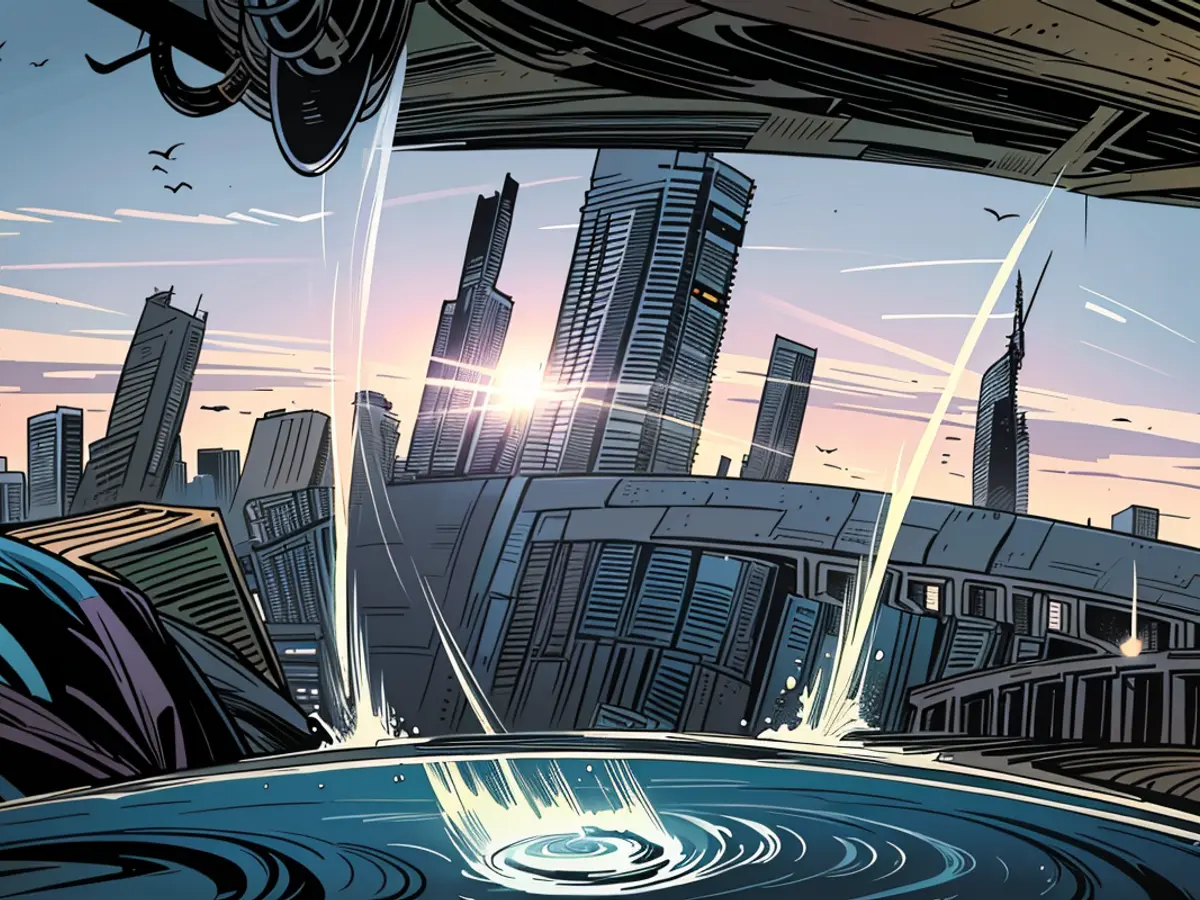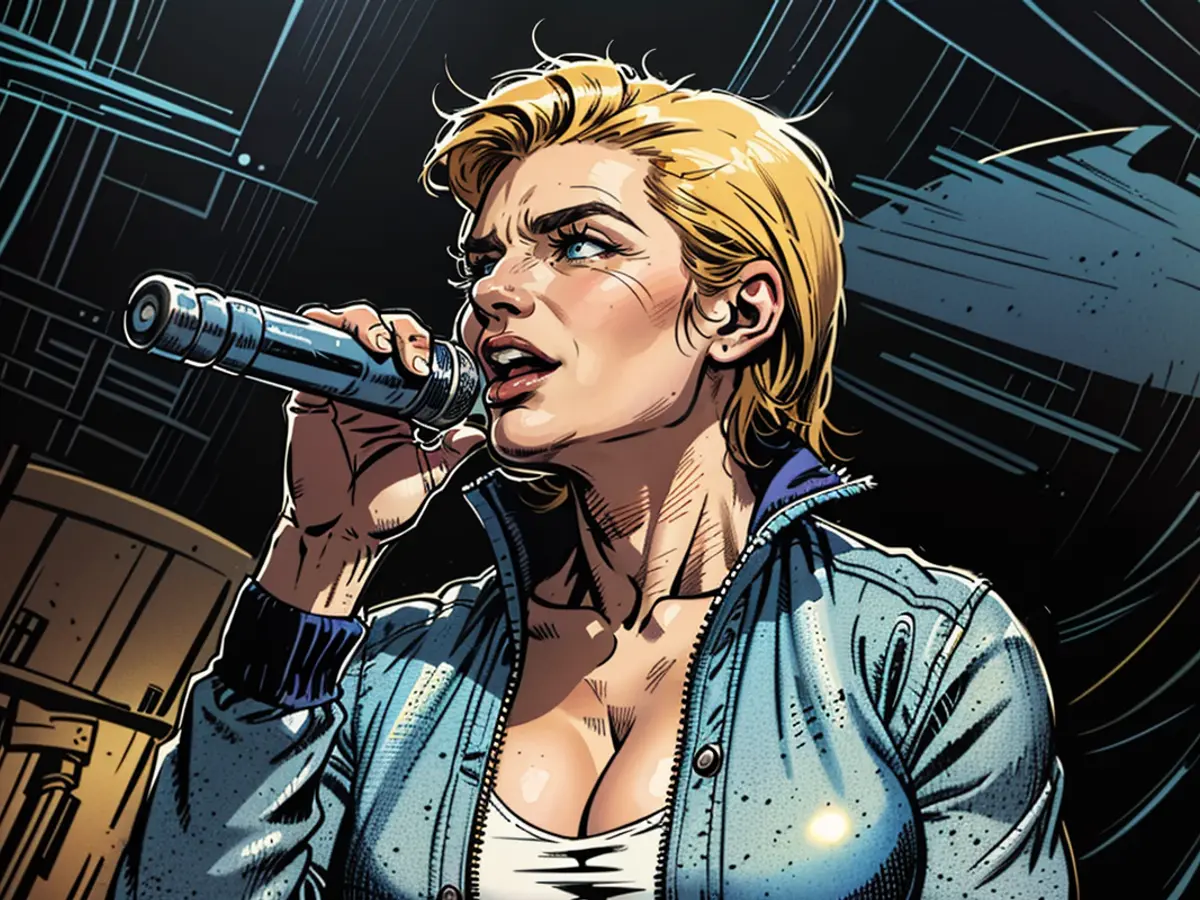Manhattan DA is open to delaying Trump’s sentencing date in hush money conviction after Supreme Court ruling
Trump is currently scheduled to be sentenced on July 11.
“Although we believe defendant’s arguments to be without merit, we do not oppose his request for leave to file and his putative request to adjourn sentencing pending determination of his motion. We respectfully request a deadline of July 24, 2024—two weeks after defendant’s requested deadline—to file and serve a response,” the DA said in a letter Tuesday.
Trump became the first former US president to be convicted of a felony in May when the Manhattan jury found him guilty of all 34 counts of falsifying business records in his hush money criminal trial.
Trump’s legal team filed a letter Monday seeking to challenge the former president’s conviction after the Supreme Court ruled that that presidents have an absolute immunity from prosecution for core official acts.
The former president’s lawyers argued that the ruling confirmed their position that Manhattan District Attorney Alvin Bragg should not have been allowed to offer evidence at the trial regarding Trump’s “official acts” and, as a result, the jury’s guilty verdict should be set aside.
Will Scharf, an attorney who represents Trump in the immunity case, told CNN Monday night the high court’s ruling “absolutely” impacts the hush money case.
“The Supreme Court was very clear that for acts that fall within the outer perimeter of the president’s official responsibilities, acts that are presumptively immune from prosecution, that evidence of those acts cannot be used to try essentially private acts,” he said on “The Source.”
This story has been updated with additional details.
In light of Trump's ongoing legal battles, the political landscape remains volatile, with many questioning the implications of a former president being convicted of a felony. The prosecution and defense continue to engage in heated discussions, as demonstrated by recent letters filed by both parties.




